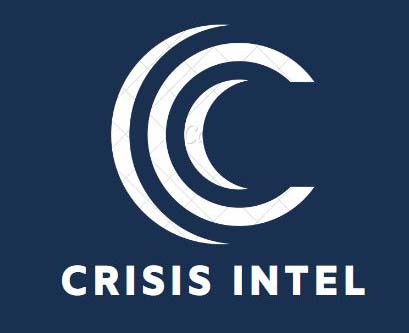Training and Education
in Emergency Management
Professional Development Opportunities for Emergency Management Practitioners:
Continuous professional development is essential for emergency management practitioners to enhance their skills, stay updated with best practices, and effectively respond to emergencies. Key aspects include:
- Workshops, Seminars, and Conferences: These events provide opportunities for practitioners to attend presentations, participate in discussions, and learn from subject matter experts. They promote knowledge sharing, networking, and the exchange of experiences and lessons learned.
- Continuing Education Programs: Academic institutions, professional organizations, and government agencies offer specialized courses and programs tailored to the needs of emergency management professionals. These programs cover topics such as emergency planning, disaster response coordination, risk assessment, and leadership skills.
- Webinars and Online Learning: Online platforms provide accessible and flexible learning opportunities, including webinars, virtual training modules, and self-paced courses. These resources allow practitioners to enhance their knowledge and skills remotely, at their own convenience.
- Mentoring and Peer Learning: Establishing mentoring programs or participating in peer learning networks allows practitioners to learn from experienced professionals, share insights, and receive guidance and support throughout their careers.


Certifications and Training Programs:
Certifications and specialized training programs in emergency management provide formal recognition of expertise and enhance professional credibility. Key aspects include:
- Professional Certifications: Various organizations and associations offer certifications specific to emergency management, such as Certified Emergency Manager (CEM), Certified Business Continuity Professional (CBCP), or Hazardous Materials Technician (HAZMAT).
- Technical and Practical Training: Training programs focus on developing specific technical skills required in emergency management, such as incident command system (ICS) training, emergency medical response, hazardous materials handling, or crisis communication.
- Leadership and Management Training: These programs aim to develop leadership qualities, decision-making skills, and the ability to manage teams and resources effectively during emergencies. They focus on areas such as emergency operations center (EOC) management, strategic planning, and crisis leadership.
- Cross-disciplinary Training: Emergency management involves collaboration among various disciplines. Cross-disciplinary training programs expose practitioners to different perspectives, such as public health, engineering, social sciences, or environmental management, fostering a holistic understanding of emergencies and effective response strategies.
Importance of Public Awareness and Education:
Public awareness and education are crucial components of emergency management, as they empower individuals, communities, and organizations to take proactive measures and respond effectively during emergencies. Key aspects include:
- Outreach Campaigns: Public awareness campaigns use various channels, such as media, social platforms, and community events, to inform the public about potential hazards, preparedness measures, and response procedures. These campaigns aim to foster a culture of preparedness and encourage individuals to take responsibility for their safety.
- Community Engagement: Engaging with local communities builds trust, fosters collaboration, and strengthens resilience. Community engagement initiatives involve workshops, town hall meetings, and partnerships with community-based organizations to enhance preparedness, involve diverse stakeholders, and address specific community needs.
- School and Youth Programs: Integrating emergency preparedness into school curricula and implementing youth-focused programs create a generation that is knowledgeable and prepared for emergencies. These programs teach important skills, such as basic first aid, evacuation procedures, and the importance of emergency kits.
- Information Resources: Providing easily accessible and accurate information resources is essential for public education in emergency management. This includes:
- Developing and distributing informational materials, such as brochures, pamphlets, and posters, that highlight emergency preparedness steps, response procedures, and contact information for local emergency services.
- Establishing dedicated websites or online portals that serve as centralized platforms for accessing reliable information, emergency updates, and educational resources.
- Utilizing social media platforms to disseminate timely and relevant information, share safety tips, and engage with the public in interactive discussions.
- Collaborating with media outlets to raise public awareness through news articles, interviews, and public service announcements.

